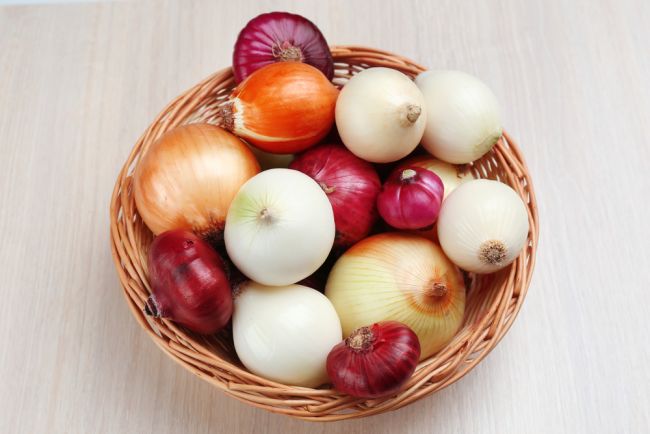Onions are one of the most used food ingredients of all time. They can be called culinary luxury. Originated in Central Asia, onions are one of the earliest cultivated crops. Onions are part of the Allium family which also consists of garlic, leeks, and chives. These vegetables have pungent flavors and characteristics and some medicinal properties. Here in this blog, we will learn about the health benefits, types and side effects of onions.
Types of Onions:
Well, to describe there can be 21 types of onions based on the region they grow in, shape, and sizes. But to begin with, let’s consider the typical 8 types of onions.
1. Yellow Onions: Yellow onions are often confused with Spanish onions, as they are almost alike in appearance and taste. When cooking a recipe if it is not specified which onions to use, always go for yellow ones. It is pungent in smell but not more than white onions. They deliver more taste when caramelized.
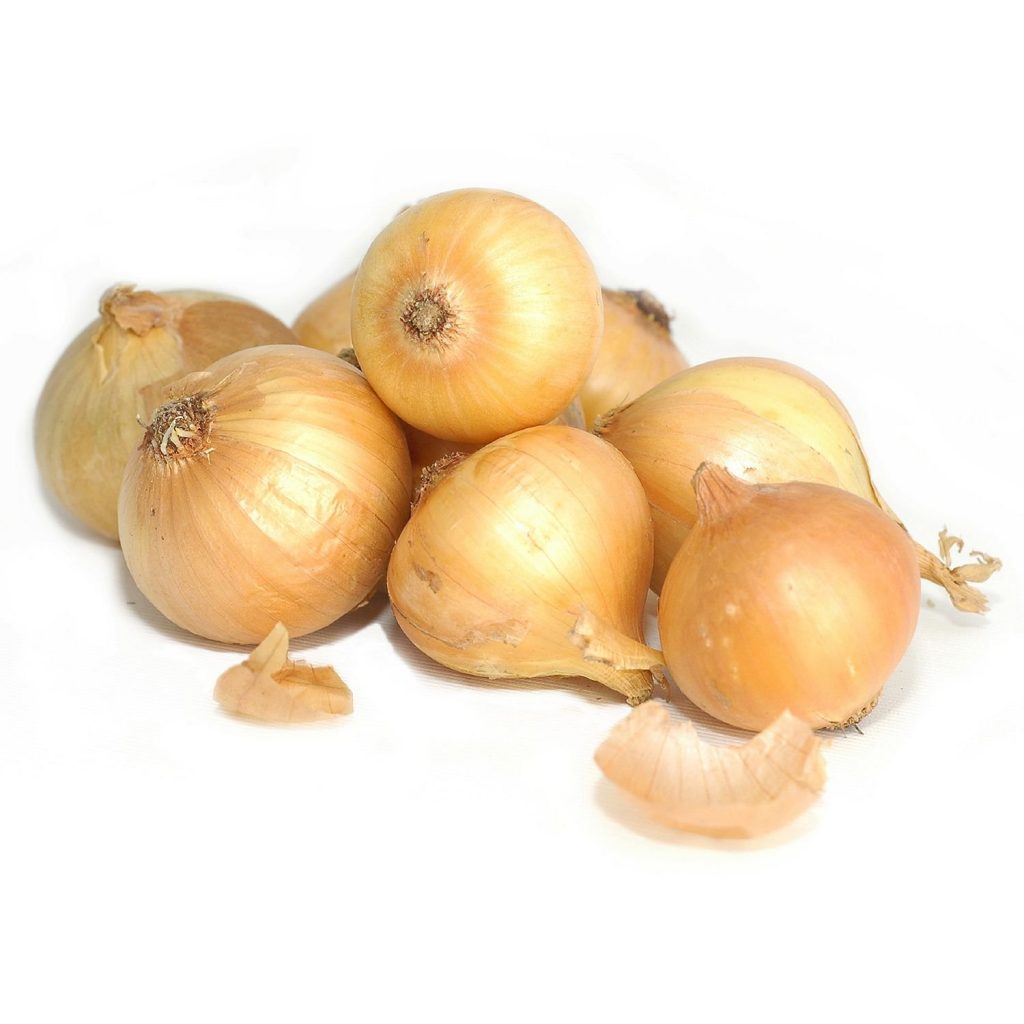
2. Red Onions: They are deep magenta in color and tastes sweet to mild when eaten raw. They are used for garnishing salads, burgers, etc. They are not as sweet as sweet onions, but they sure contain a certain amount of sugar that they taste a bit sweet.
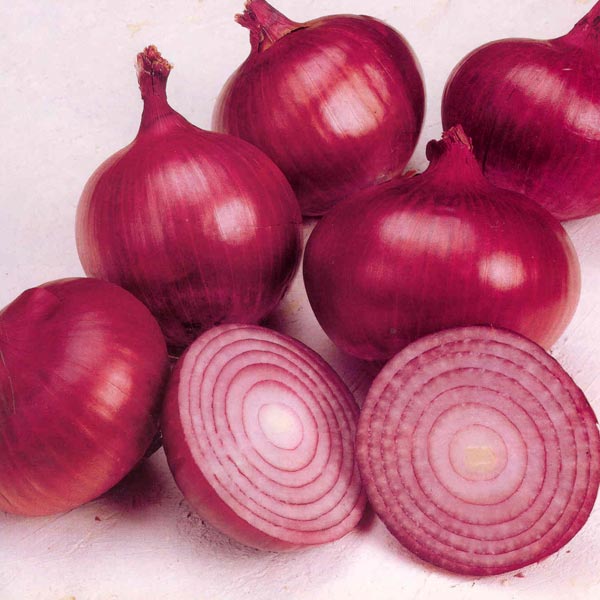
3. Sweet Onions: Going by the name, sweet onions do taste sweet as they have less amount of sulfur in them comparing to the other kinds. They have a slightly different shape, they are more flat and oval than round.
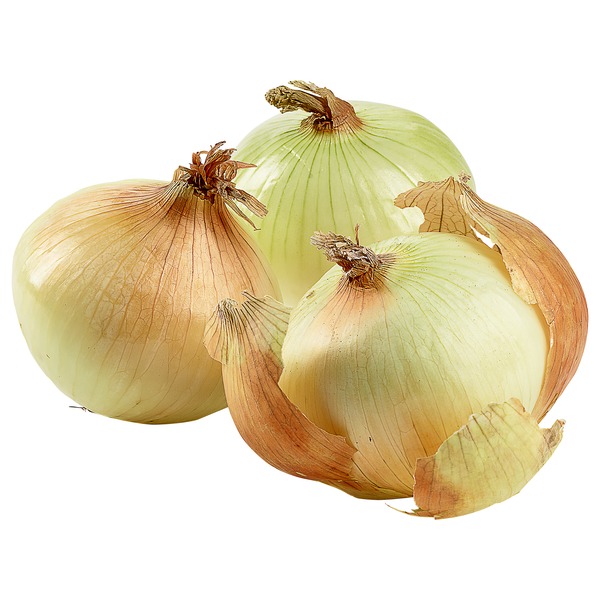
4. White Onions: White onions are sharp in taste and can make you cry when you cut them. But they are great when eaten raw. So burgers usually have white onions in them.
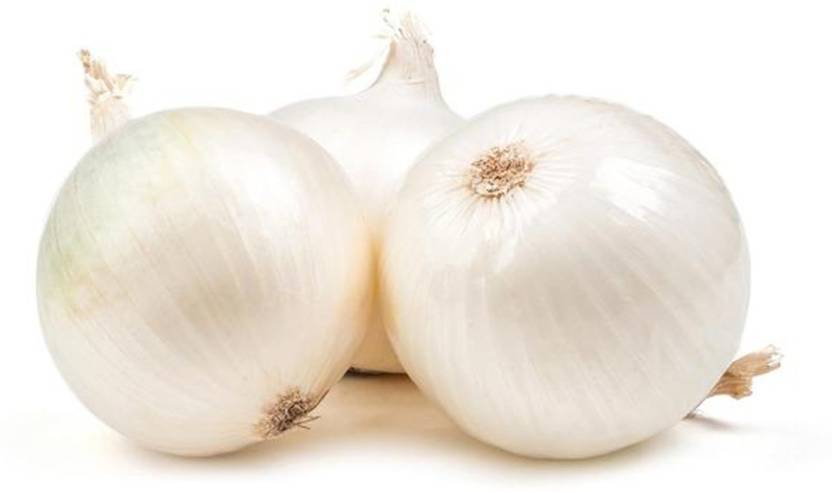
5. Shallots: Shallots are more garlic-y than onion-y. These small, pale purple vegetables offer a slightly garlicky flavor and are used in dressings and sauces.
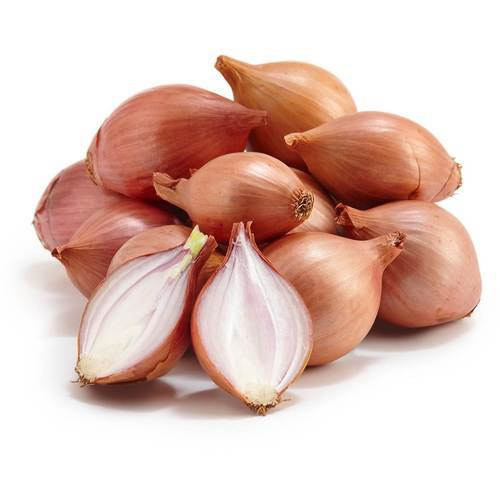
6. Scallions: Also called green onions, Scallions are immature onions that don’t form a bulb. The tall green shoots coming out of the small bulbs are used for garnishing.
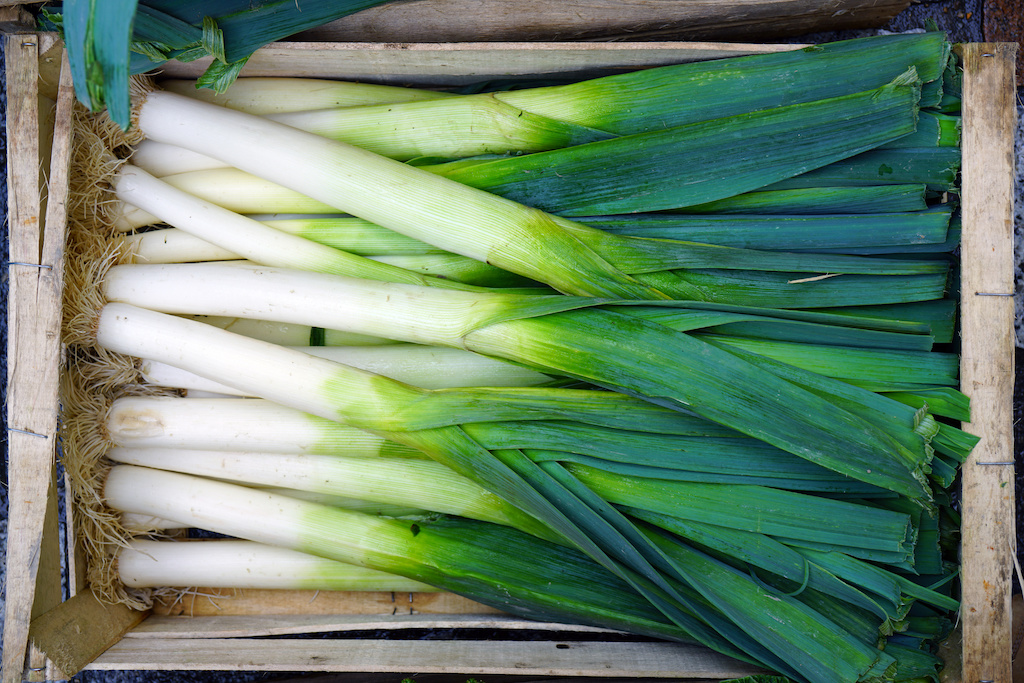
7. Leeks: Leeks are shaped like overgrown Scallions. It is advised not to eat them raw, rather eat them little cooked in soups or in a stir fry.
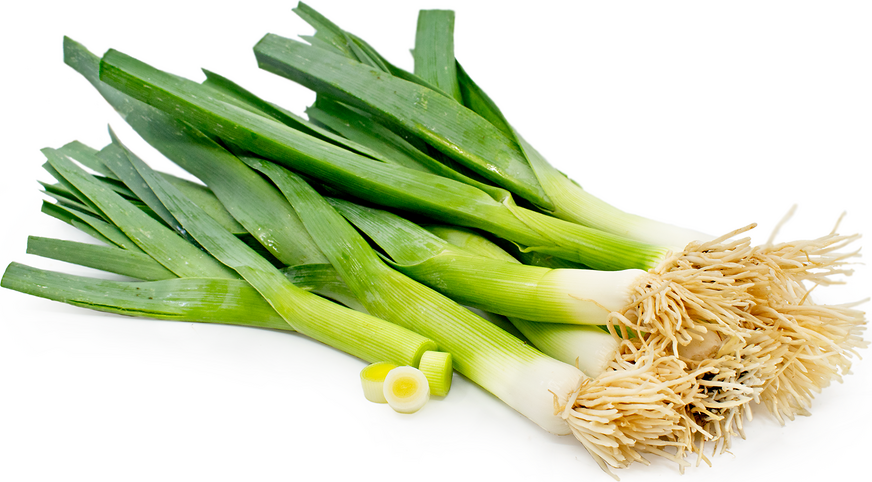
8. Pearl Onions: They are also called button onions or baby onions. These are mild and sweet in taste, better used for pickling.
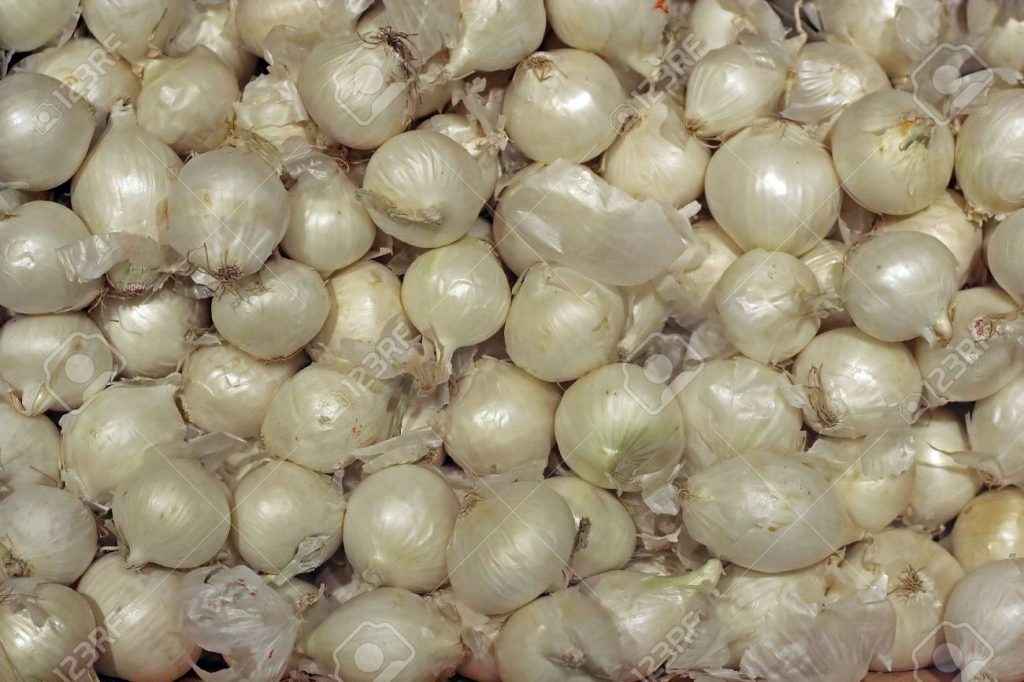
Among all these onions, Red Onions are called to be the healthiest as it contains a rich amount of antioxidants.
Benefits of Onions:
1. Packed with nutrients: Onions are a nutrient-dense food which means that onions are high in vitamins, minerals, and antioxidants while they are low in calories. One cup of chopped onion provides:
- 64 calories
- 14.9 grams (g) of carbohydrate
- 0.16 g of fat
- 0 g of cholesterol
- 2.72 g of fiber
- 1.76 g of protein
2. Beneficial for heart health: Onions lower the production of LDL (bad cholesterol) thus keeping your heart healthy. Onions potent anti-inflammatory properties may also help reduce high blood pressure and protect against blood clots. Onion consumption may reduce risk factors for heart disease, including inflammation, high triglyceride levels, and blood clot formation.
3. Rich in antioxidants: Oxidation in our body can cause the formation of cancerous cells. Oxidation can also cause our body prone to diseases like heart diseases, diabetes, cancer, etc. Onions are loaded with antioxidants which make them one of the best vegetables to consume.
4. Contains cancer-fighting properties: Allium vegetables like onions, garlic, etc, can help in the prevention of cancer types: stomach and colorectal. Quercetin, a powerful compound found in onions helps in the prevention of these cancers. Cancer-fighting properties in onions are because they are rich in a sulfur compound, antioxidants, and vitamin C.
5. Maintain blood-sugar level: People with diabetes can benefit from eating onions. Chromium present in this root vegetable helps in regulating blood sugar by triggering the production of insulin. Also, compounds like quercetin and sulfur present in onion possess antidiabetic effects. As onions are very low on carbohydrates, they do not turn to sugar at a high level.
6. Boosts bone density: Dairy products are known for improving bone density, but onions also have a say in this. Onions too help in boosting bone health, especially in post-menopausal women.
7. Antibacterial properties: Onions also possess antibacterial properties. They can fight potentially against dangerous bacterias like E. Coli, Pseudomonas aeruginosa, Staphylococcus aureus (S. aureus) and Bacillus cereus.
8. Improves digestive health: According to the National Onion Association, the phytochemicals present in onions reduces the risk of developing gastric ulcers. Additionally, onions contain a special type of soluble fiber: oligofructose promotes the growth of good bacteria in your intestine.
9. Improves skin and hair health: Vitamin C present in the onions, which regulates the production of collagen. Collagen gives structure to skin and hair, thus improving skin and hair health,
10. Improves oral health: Believe it or not, eating onions can improve your oral health. Though it has a pungent smell, it can kill off bacterias inside the mouth and also prevents decaying and other gum problems. (However, chewing raw onion may cause your breath to stink).
Adding onions to your diet can prove to be beneficial in many ways. And also, it can heighten flavor in savory dishes. Got any more reasons to eat onions?

